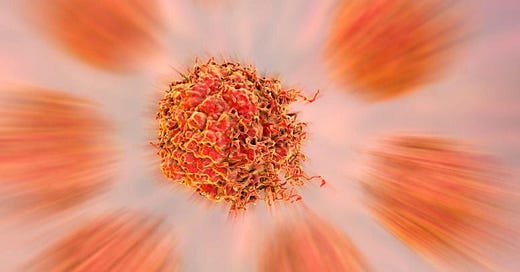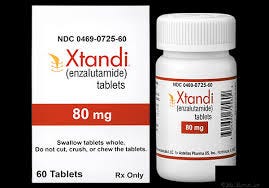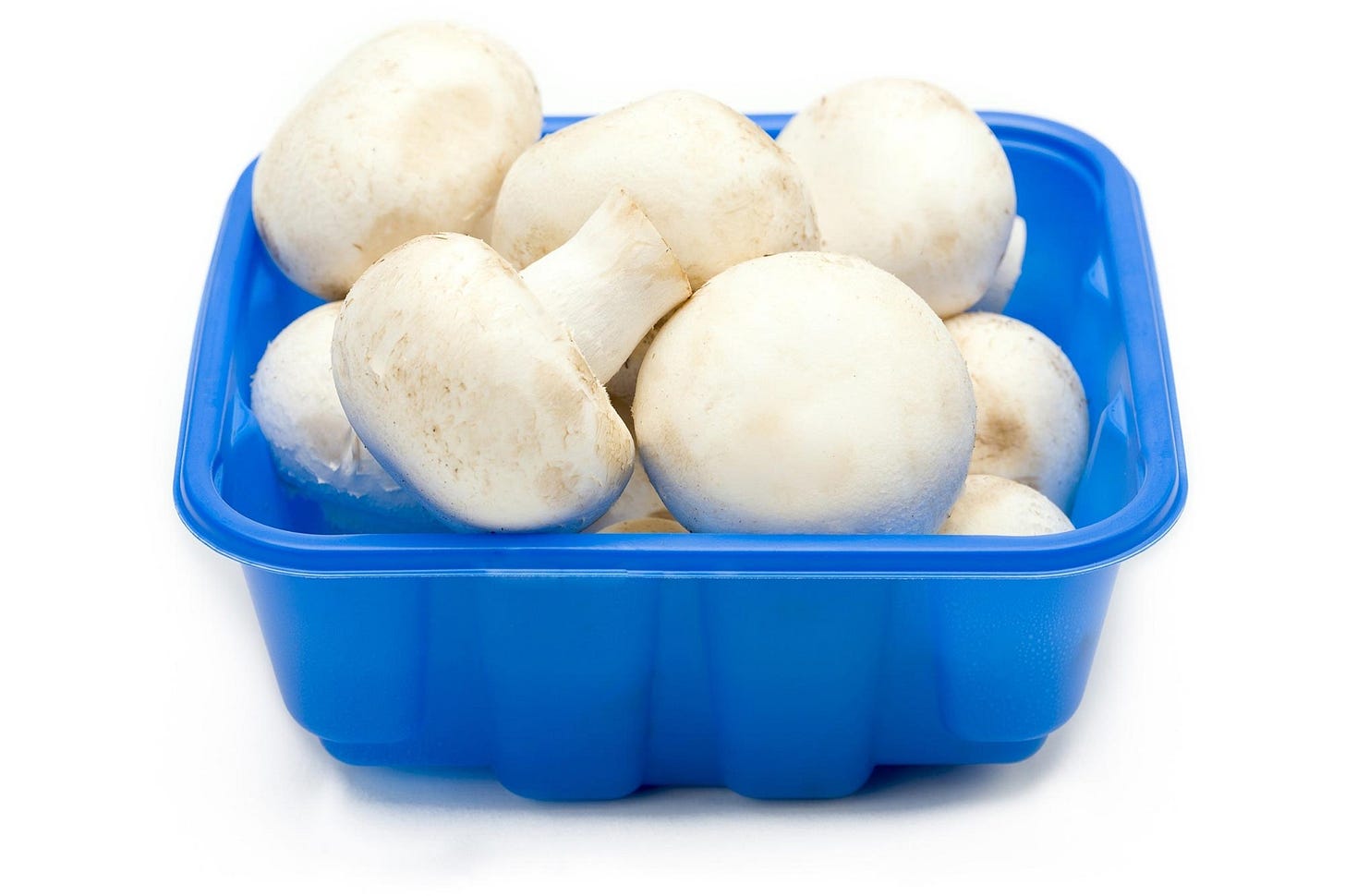By Howard Wolinsky
Here are the latest news, views, abstracts on BPH, PCa and more:
—Sounds like sci-fi blended with a bit of high tea. Can you use a cuppa of barely boiling water to destroy prostate tissue? It’s been done with BPH. Now researchers are checking out the steam-cleaning method to remove prostate cancer. USC describes its participation with other centers in steam as a possible way to avoid surgery, radiation, and the deep freeze of cryotherapy.
Here’s how steaming works: Once the catheter is positioned, a fine needle is deployed in the tumor. Doctors then release a quick, targeted 10-second burst of steam from the needle, and more bursts as needed, to destroy the tumor.
“This procedure is thought to be much gentler on the body than traditional therapies and is designed to target the cancerous tissue within the prostate,” said Andre Abreu, MD, a Keck Medicine of USC urologist. “We are exploring if steam may be effective at destroying cancer cells without damaging the surrounding organs.”
Make mine a Raspberry Zinger, please.
—Federal lawmakers are cracking down on pricey drugs, including several used to treat prostate cancer. (AP: https://apnews.com/ca-state-wire-7f10ee60bd2742a3b7f06cba57d6bdf8)
The attention has impacted negatively shares of some of the PHARMA manufacturers.
Shares of Medivation dropped recently after some legislators launched a campaign to potentially lower the price of a drug for advanced prostate cancer, Xtandi.
(I have written previously about how Xtandi (enzalutamide) slowed cancer progression in a significant number of patients with low-risk (Gleason 3+3=6) and favorable intermediate risk (Gleason 3+4=7) prostate cancers who otherwise qualified for active surveillance (AS). There is controversy over making this drug available to these lower-risk patients. The pool of these patients is huge. Up to 75% of the 300,000 patients diagnosed per year with prostate cancer are in the Active Surveillance zone.)
Japanese drugmaker Astellas Pharma and its partner, San Francisco-based Medivation jointly market Xtandi in the U.S. Astellas sells Xtandi outside the U.S.
In a letter to the heads of the Department of Health and Human Services and the National Institutes of Health, Reps. Lloyd Doggett and Peter Welch and Sen. Bernie Sanders urged the agencies to cut prices for Xtandi, saying it costs four times more in the U.S. than in some other developed countries.
They are calling for public hearings on the drug, which they say was developed at the University of California, Los Angeles, through taxpayer-supported research grants. The lawmakers want the National Institues of Health to consider overriding Xtandi’s patent, which guarantees Medivation and Astellas exclusive sales for a decade or more. Overriding the patent would allow for Xtandi’s price to be reduced.
“Under current law, NIH can take this step if federal funds supported a drug’s development and the company is selling it at an unreasonably high price,” the lawmakers said in a statement.
In the U.S., Xtandi has an average list price of more than $129,000 per year, though insurers negotiate significant discounts. Patients generally take if for several months. Xtandi is sold in Japan and Sweden for $39,000, and in Canada for $30,000, according to the statement.
Astellas maintained the lawmakers’ campaign doesn’t reflect what insurers or patients actually pay for Xtandi. Astellas said about 80 percent of patients with Medicare or private insurance have a monthly copayment of $25 or less. It said more than 2,000 men with poor or no insurance and household incomes of $100,000 or less received Xtandi free last year.
I’ll have more soon on the war on high-priced prostate meds.
—Tablets made from white button mushrooms have been shown to delay progression of prostate cancer in a small study at the City of Hope near LA. Treatment with white button mushroom tablets reduced immunosuppressive myeloid-derived suppressor cells (MDSCs), and it also increased cytotoxic T cells and natural killer (NK) cells.
The Phase 2 investigational study included 10 men who received the treatment, and eight others who did not.
Researchers collected blood samples at baseline and 3 months into treatment, conducting an unbiased single immune cell sequencing analysis. This approach enables the researchers to examine the individual immune cell responses to mushroom treatment.
Researched derived a single white button mushroom tablet from 6 g of fresh mushrooms. Patients in clinical trial consumed between 16 to 28 tables per day. “Imagine a basket from Costco (24 ounces),” Xiaoqiang Wang, MD, PhD, staff scientist at Beckman Research Institute of City of Hope, told Healio. “[Mushrooms can] reprogram the anti-tumor immunity and, therefore, contribute to the cancer immune therapy.”
White button mushrooms would be an adjuvant treatment for men with biochemical recurrent prostate cancer or those undergoing active surveillance.
Researchers also are looking at the mushrooms for women at high risk for breast cancer.
—Hold onto your lymph nodes? Treatment of early-stage prostate cancers that haven't spread beyond the capsule have often included the removal of nearby lymph nodes in the pelvis. It's done as a precaution and as a means of "staging" the disease.
Dr. Raghav Gupta, of the Department of Urology, Icahn School of Medicine at Mount Sinai, NY, NY. and colleagues report in an article entitled From foes to friends: rethinking the role of lymph nodes in prostate cancer, in Nature Reviews Urology that or nodes may be our friends, not our enemies.
They said leaving the pelvic nodes intact could boost the effectiveness of new immune-based cancer drugs.
"It is perhaps time to rethink whether lymph nodes are truly foes or friends in the oncologic management of prostate cancer," said senior study author Dr. Ash Tewari, chair of urology at Icahn Mount Sinai.
—Get a rundown on who are best candidates for HoLEP for benign prostatic hyperplasia (BPH). In this video, Brendan M. Browne, MD, an assistant professor of urology at Emory University School of Medicine in Atlanta, Georgia, says, “The patients I find that have the most pronounced benefit are the patients with the very large prostates, or the patients who are catheter dependent with concern for neurogenic or myogenic bladder failure.”
See you in March.





Keep on munchin' Peter.
Howard
Excellent info Howard! I’ll keep munching mushrooms after learning what City of Hope is doing.